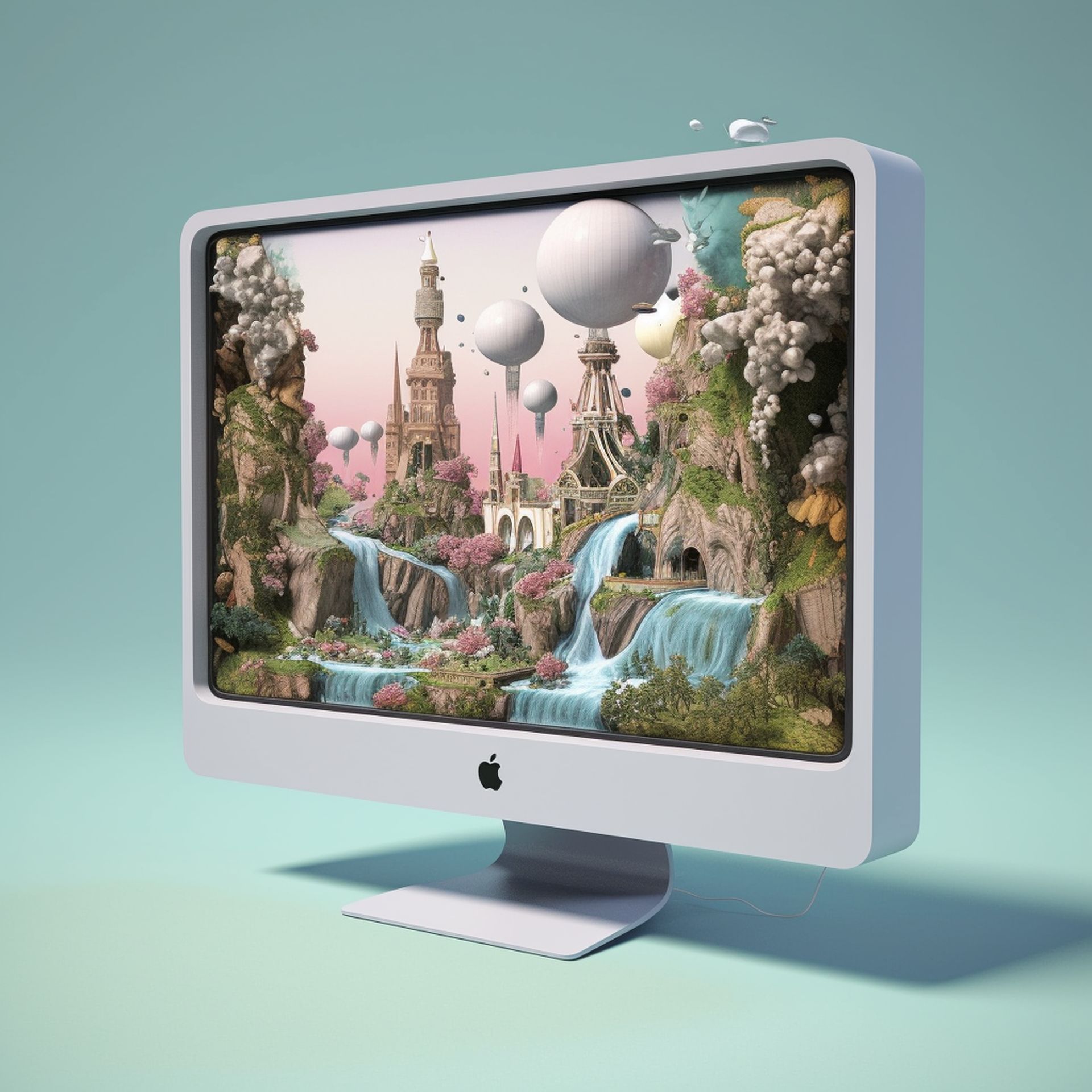A growing number of creators on Adobe Stock are voicing their displeasure with Firefly, Adobe’s AI tool, intended to be a ‘commercially safe’ platform. Adobe, the software giant renowned for its creative and multimedia software solutions, has found itself amidst a wave of criticism for Firefly, which users claim limits their creative freedom and hinders their earning potential.
Users are concerned that Firefly’s rigorous content filters are negatively affecting their visibility and earnings on Adobe Stock. They argue that the AI’s inability to accurately differentiate between appropriate and inappropriate content is undermining their creative endeavors. Moreover, creators believe that Firefly’s current design promotes homogenization of content, thus stifling creativity and diversity.
Firefly, which uses AI to generate ‘commercially safe’ assets, has been labeled by its users as being overly cautious, leading to an overabundance of generic content that lacks originality and diversity. The tool is designed to identify and remove content that may be problematic or unsuitable for commercial use. However, creators argue that the AI is far from perfect and has led to a significant amount of acceptable content being erroneously flagged and removed.
The discontent among Adobe Stock creators has sparked a broader discussion about the role of AI tools in creative spaces. While these tools have the potential to streamline processes and ensure content appropriateness, their implementation must be nuanced to avoid hampering creative freedom and diversity. Critics suggest that more refined algorithms and better integration of AI tools can strike a balance between commercial safety and creative expression.
Furthermore, Adobe Stock creators have expressed dissatisfaction with Adobe’s lack of transparency regarding Firefly. Rob Dobi, a Connecticut-based photographer, voiced concerns about the unknown future of his work with Adobe. He questioned whether his older work would remain in the AI model if he removed it and whether Adobe would continue to use his new work for AI training. Dobi, like many others, feels left in the dark, stating, “Adobe doesn’t answer any questions.”
The creators argue that while Adobe might not have acted illegally, it should have taken ethical considerations into account. They believe that Adobe should have informed Adobe Stock artists about Firefly’s AI training beforehand and offered them the choice to opt-out.
Other Tools Were Also Cause of Unhappiness
This concern about AI interference with creativity is not unique to Adobe’s Firefly. Other text-to-image generative tools like DALL-E 2, Stable Diffusion, and Midjourney have faced similar issues. These tools, trained on collections of imagery posted to the public web (including copyrighted material), have also been criticized for their impact on the creative process.
However, critics argue that this issue is particularly significant for a company like Adobe. As a company that has been closely associated with the creative economy for decades, Adobe’s adoption of such a stringent AI tool comes as a surprise to many. Critics claim that the company’s decision to implement Firefly in its current form shows a lack of understanding and respect for the creative freedom that has characterized its user base for years.
The discourse emphasizes the importance of AI tools being designed and trained with a deep understanding of the nuances of the industry they are serving, particularly when that industry revolves around creativity and individual expression.
Adobe’s Response: We Will Help You Monetize
In response to these concerns, Adobe told VentureBeat via email that their goal is to develop generative AI in a way that allows creators to monetize their talents, similar to platforms like Behance. A spokesperson emphasized that Firefly is still in the beta testing phase, during which Adobe is actively seeking community input via direct conversations, online platforms like Discord, and other channels.
The Adobe spokesperson reiterated the company’s commitment to compensating creators and mentioned that as Firefly transitions out of its beta phase, they will provide more specifics on creator compensation. The future course of action from Adobe remains to be seen, but this controversy has certainly highlighted the need for tech companies to maintain a delicate balance between AI innovation and upholding the rights and interests of their user base.

